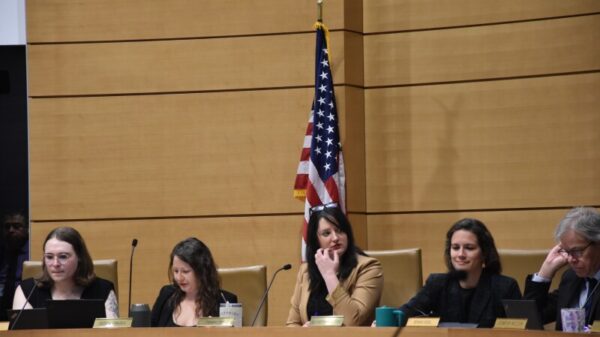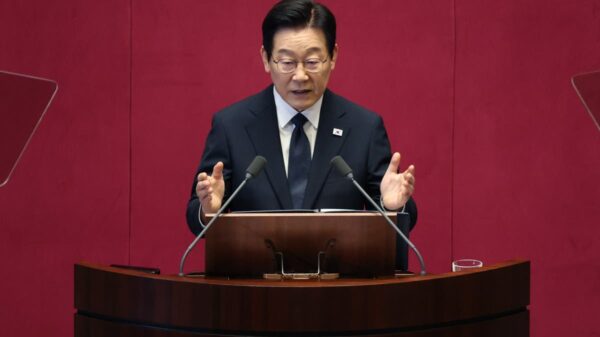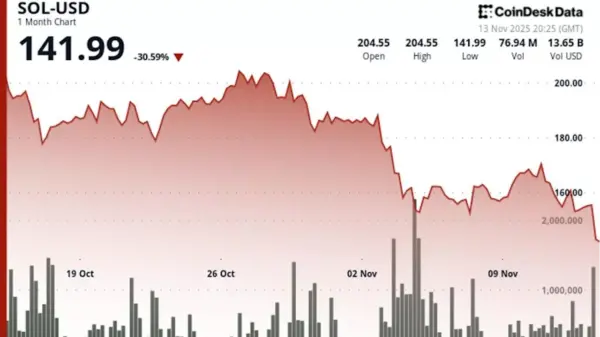UPDATE: The Justice Department has just announced a lawsuit to block California’s newly approved congressional district map, a critical move that could reshape the political landscape ahead of the 2026 elections. This urgent challenge comes just days after California voters overwhelmingly backed Proposition 50, a constitutional amendment aimed at altering district boundaries to bolster Democratic chances in upcoming midterms.
The lawsuit was filed in federal court in California on October 12, 2023, targeting the map promoted by Governor Gavin Newsom. This legal battle mirrors a Republican-led initiative in Texas, backed by former President Donald Trump, which aims to gain seats in the House of Representatives. The stakes are incredibly high, as control of the House is on the line, with Democrats needing only a handful of additional seats to gain a majority.
The Justice Department claims that California’s new map constitutes racial gerrymandering, alleging it manipulates district lines to favor Hispanic voters based solely on race. The lawsuit states,
“Race cannot be used as a proxy to advance political interests… the California General Assembly did with Proposition 50.”
California’s Proposition 50 was a direct response to Republican strategies in Texas, where district lines were redrawn to secure additional seats. With 219 Republican seats compared to 214 for Democrats, the potential shift in California could significantly impact Trump’s agenda and open avenues for congressional investigations into his administration.
The national implications of this legal battle are profound, as similar redistricting efforts have emerged across the United States, including in states like Missouri and Ohio. The contest for district boundaries has drawn substantial financial backing, with tens of millions of dollars funneled into campaigns surrounding Proposition 50. Notably, the Congressional Leadership Fund, associated with House Speaker Mike Johnson, contributed $5 million to oppose the amendment.
High-profile figures have also weighed in; former Governor Arnold Schwarzenegger spoke out against the measure, while former President Barack Obama endorsed it, labeling it a “smart” counter to Republican maneuvers. This confrontation not only highlights the partisan divide but also serves as a pivotal moment for Governor Newsom, who is eyeing a potential run for the White House in 2028.
As this legal battle unfolds, all eyes will remain on California, where the outcome could reshape the political dynamics not only in the state but across the nation. The Justice Department’s swift action signals a critical moment in the ongoing struggle for electoral balance and representation in the United States.
Stay tuned for further updates as this developing story progresses, and what it could mean for the future of political power in America.







































































